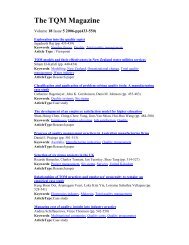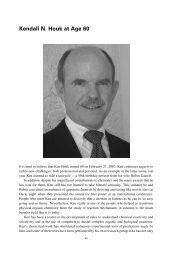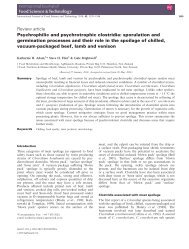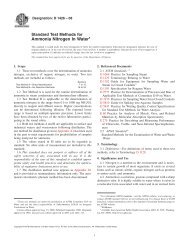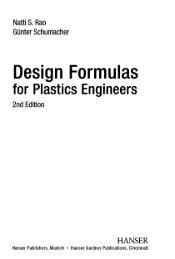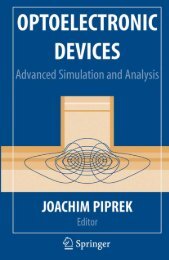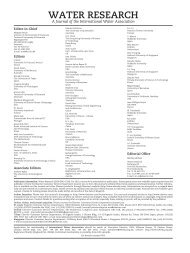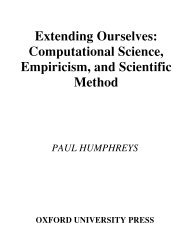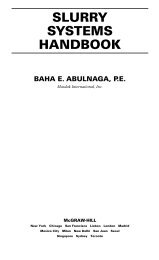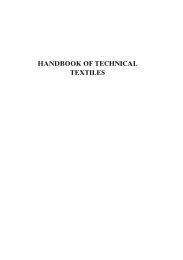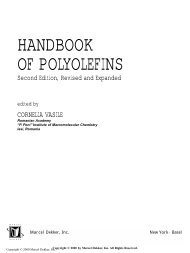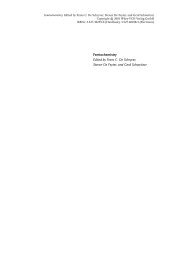Bad Astronomy: Misconceptions and Misuses Revealed, from ...
Bad Astronomy: Misconceptions and Misuses Revealed, from ...
Bad Astronomy: Misconceptions and Misuses Revealed, from ...
You also want an ePaper? Increase the reach of your titles
YUMPU automatically turns print PDFs into web optimized ePapers that Google loves.
122 SKIES AT NIGHT ARE BIG AND BRIGHT<br />
protecting us. Even if the atmosphere were not here, the corona is<br />
also simply too faint to hurt our eyes. And remember: whether the<br />
Sun is eclipsed or not, the corona is still there; it’s just too faint to<br />
see. So if it could hurt your eyes during an eclipse, it could do so<br />
at any r<strong>and</strong>om time. In reality, the corona can’t hurt you.<br />
PPP<br />
There are several ways to enjoy an eclipse without risking your<br />
eyes. You can use a telescope or binoculars to project the image of<br />
the Sun onto a piece of paper or a wall. You can wear very dark<br />
goggles, like welders wear; make sure they are rated as #14 so that<br />
they are dark enough to be comfortable.<br />
You can also use a solar filter on a telescope or binoculars, but<br />
only the kind that mounts in front of the main lens or mirror. This<br />
stops most of the light <strong>from</strong> entering the optics in the first place.<br />
Some companies sell filters that go on the eyepieces, which block<br />
the amount of light leaving the optics. However, the optics focus<br />
all that sunlight right onto that filter, which can heat up a lot. Filters<br />
like this have been known to melt or crack. I heard one story<br />
of a solar filter that actually exploded! That’s bad enough, but<br />
then your eyes are flooded with all that sunlight concentrated by<br />
the optics. The lesson: stay clear of such devices.<br />
Also, despite some advice I have seen, do not use unexposed<br />
film to block the light. Even as lofty a source as the CNN web site<br />
once claimed that it was safe to view an eclipse this way. This is<br />
actually a very dangerous way to do it; it lets through less visible<br />
light, so your pupils widen. However, it does not block the dangerous<br />
wavelengths of light, so that even more damaging light<br />
floods your eye. I <strong>and</strong> several hundred other people flooded CNN<br />
with e-mail, <strong>and</strong> the web site was hastily fixed.<br />
Solar eclipses do not happen very often, <strong>and</strong> they usually occur<br />
over scattered parts of the planet. I have never seen a total solar<br />
eclipse, though I’ve seen a dozen or so partial ones. Someday I<br />
hope to see a total eclipse myself, but when I do, I’ll be careful.<br />
And I’d better hurry. As is discussed in chapter 7, “The Gravity<br />
of the Situation,” the Moon is slowly receding <strong>from</strong> the Earth. It’s<br />
only moving away about 4 centimeters (2 inches) a year, but over



